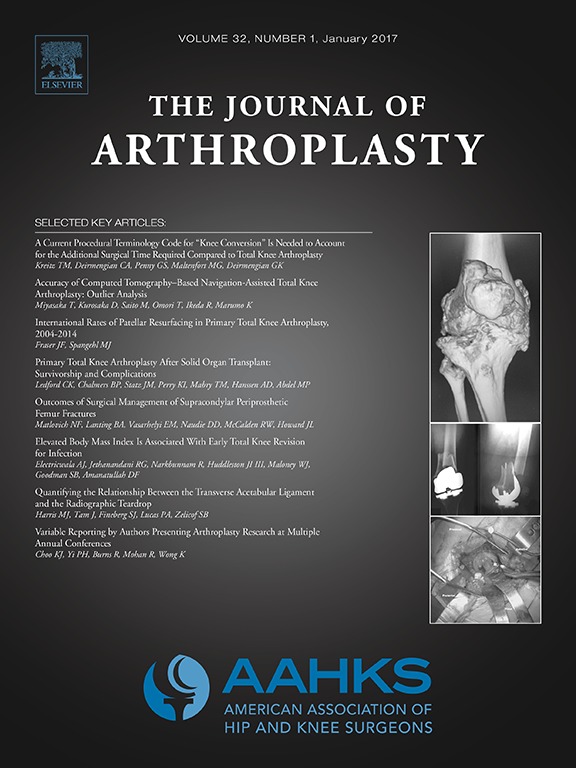
Arthroplasty
Erythropoiesis-stimulating agents reduce allogeneic blood transfusion in TKA and THA
J Arthroplasty. 2013 Oct;28(9):1463-7226 randomized control trials comparing the use of erythropoiesis stimulating agents (ESAs) with any other intervention in patients who underwent hip or knee surgeries were pooled to determine the effectiveness of ESAs in reducing the need for allogeneic blood transfusions, increasing hemoglobin level, and, also, to determine the frequency of thromboembolic events in elective orthopaedic surgeries that use ESAs. The results of the meta-analysis indicated that the use of preoperative ESAs reduces allogeneic blood transfusion in patients undergoing hip or knee surgery, and that hemoglobin levels following surgery are significantly higher in patients who received ESA than those who did not. No difference in the risk of developing thromboembolism between the two groups was discovered.
Unlock the full article
Get unlimited access to OrthoEvidence with a free trial
Start TrialCritical appraisals of the latest, high-impact randomized controlled trials and systematic reviews in orthopaedics
Access to OrthoEvidence podcast content, including collaborations with the Journal of Bone and Joint Surgery, interviews with internationally recognized surgeons, and roundtable discussions on orthopaedic news and topics
Subscription to The Pulse, a twice-weekly evidence-based newsletter designed to help you make better clinical decisions
Exclusive access to original content articles, including in-house systematic reviews, and articles on health research methods and hot orthopaedic topics
Or continue reading this full article
Register Now

Subscribe to "The Pulse"
Evidence-Based Orthopaedics direct to your inbox.




































